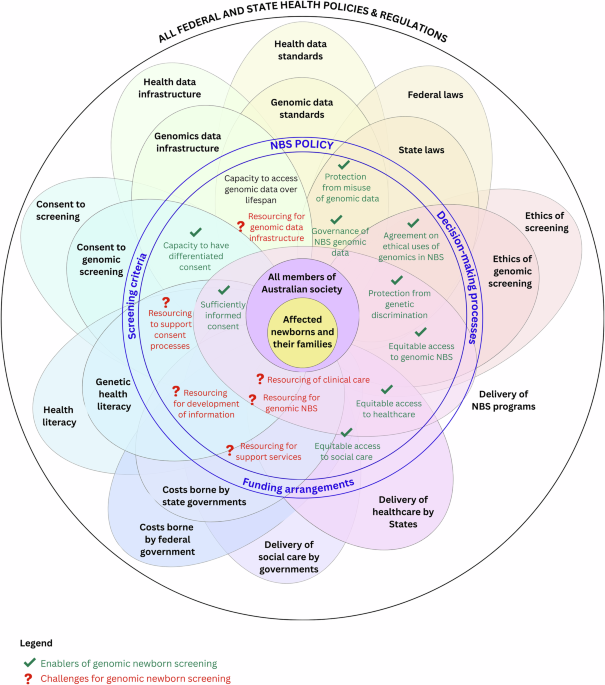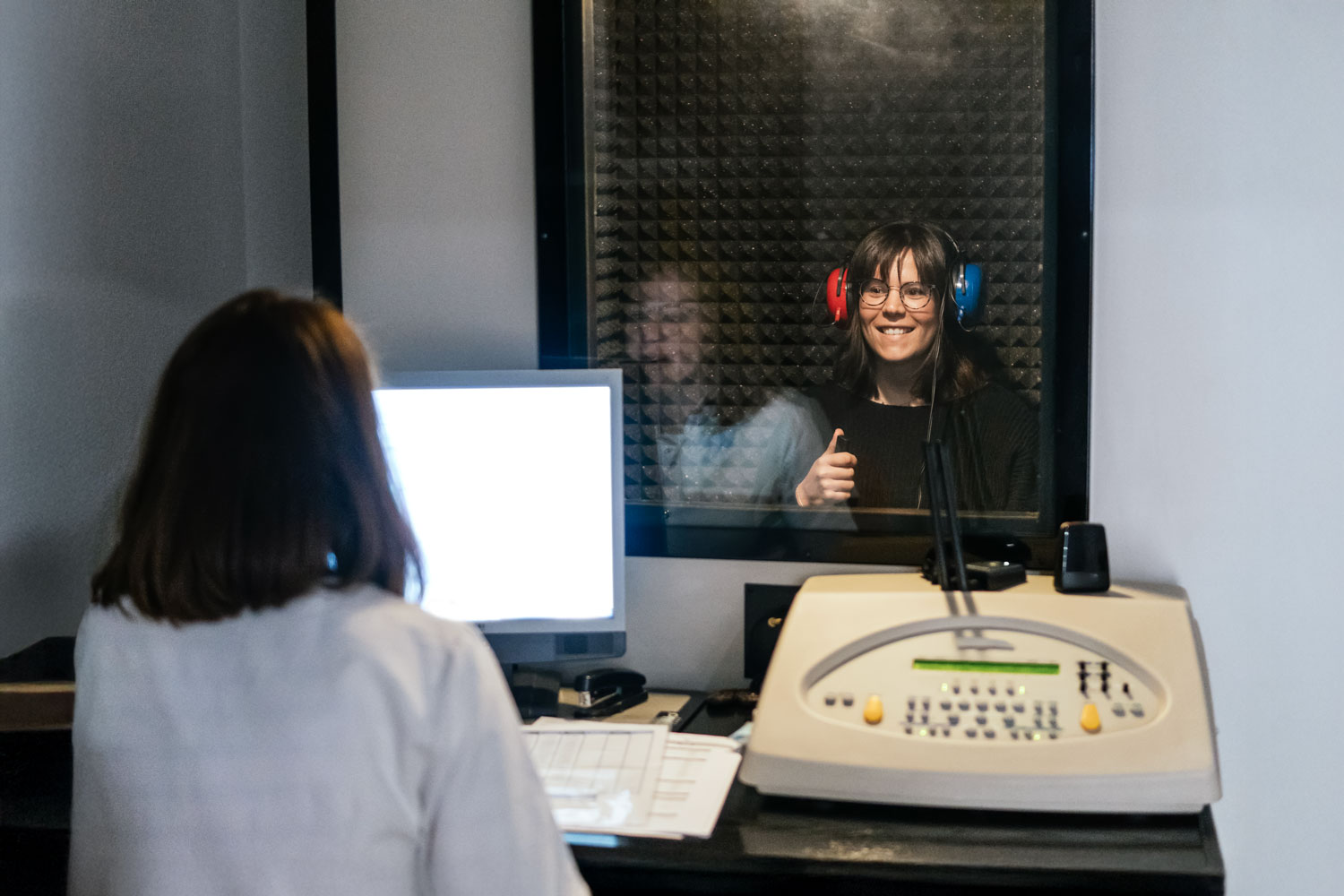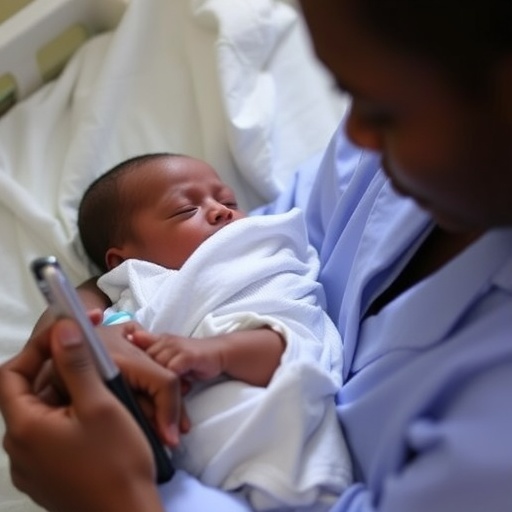
Every baby born in the UK will have their DNA mapped by the NHS as part of efforts to assess their future risk of hundreds of diseases.
Wes Streeting, the health secretary, said every newborn would undergo whole genome sequencing within a decade.
Streeting has said the move was part of a ten-year health plan, due to be published early next month, which will allow babies to “leapfrog” major killers.
“The revolution in medical science means that we can transform the NHS over the coming decade, from a service which diagnoses and treats ill-health, to one that predicts and prevents it,” Streeting told The Telegraph.
“Genomics presents us with the opportunity to leapfrog disease, so we’re in front of it rather than reacting to it.
“With the power of this new technology, patients will be able to receive personalised healthcare to prevent ill-health before symptoms begin, reducing the pressure on NHS services and helping people live longer, healthier lives. Our ten-year plan will build on the founding promise of the NHS, so that it provides healthcare free at the point of risk, not just need.”
Newborns are given a heel-prick blood test which checks for nine serious conditions, including cystic fibrosis.
Streeting has committed to genome sequencing for all infants within the decade
HOLLIE ADAMS/REUTERS
The plan will set out a long-term strategy to ensure that genomics, artificial intelligence and predictive analytics are used to forecast and avert illness before it becomes a burden, and to
accelerate the delivery of new treatments, The Telegraph reported.
A study led by Genomics England, in partnership with NHS England, was launched at the end of last year with the aim of analysing the genetic code of up to 100,000 newborns in England.
The Generation Study aims to identify more than 200 rare conditions in otherwise asymptomatic babies where symptoms might not be present until later in childhood.
By detecting rare genetic conditions sooner, children could benefit from earlier diagnosis and treatment that could help slow progression of the disease or extend their lives. At the moment, many of these conditions can be hard to diagnose, leading to delays in care.
Dr Rich Scott, the chief executive of Genomics England, has previously said: “Children with these conditions often go years without receiving a diagnosis. Cutting this time would mean earlier access to what can be life-changing treatment.”
The health plan — which is expected to be launched in the first week of July — is to be funded by a £650 million boost in genomics.
The new plan introduced by Streeting will result in the end of blanket screenings, it was reported.
Now new parents are offered a blood spot test for their babies, normally when the child is five days old, to check whether they have any of nine rare but serious conditions.
The newborn’s heel is pricked to collect a few drops of blood on a card that is sent away to be tested.
Whole genome sequencing uses blood samples typically taken from the umbilical cord shortly after birth.
Health officials have said that the personalised checks would “help transform the NHS from a reactive healthcare system to a proactive one”.
Streeting’s health plan is set to outline three major shifts in the way healthcare is delivered. These will include: from hospital to community, from analogue to digital, and from treating sickness to prevention. The plan will encompass the roll-out of “neighbourhood health teams.
link







